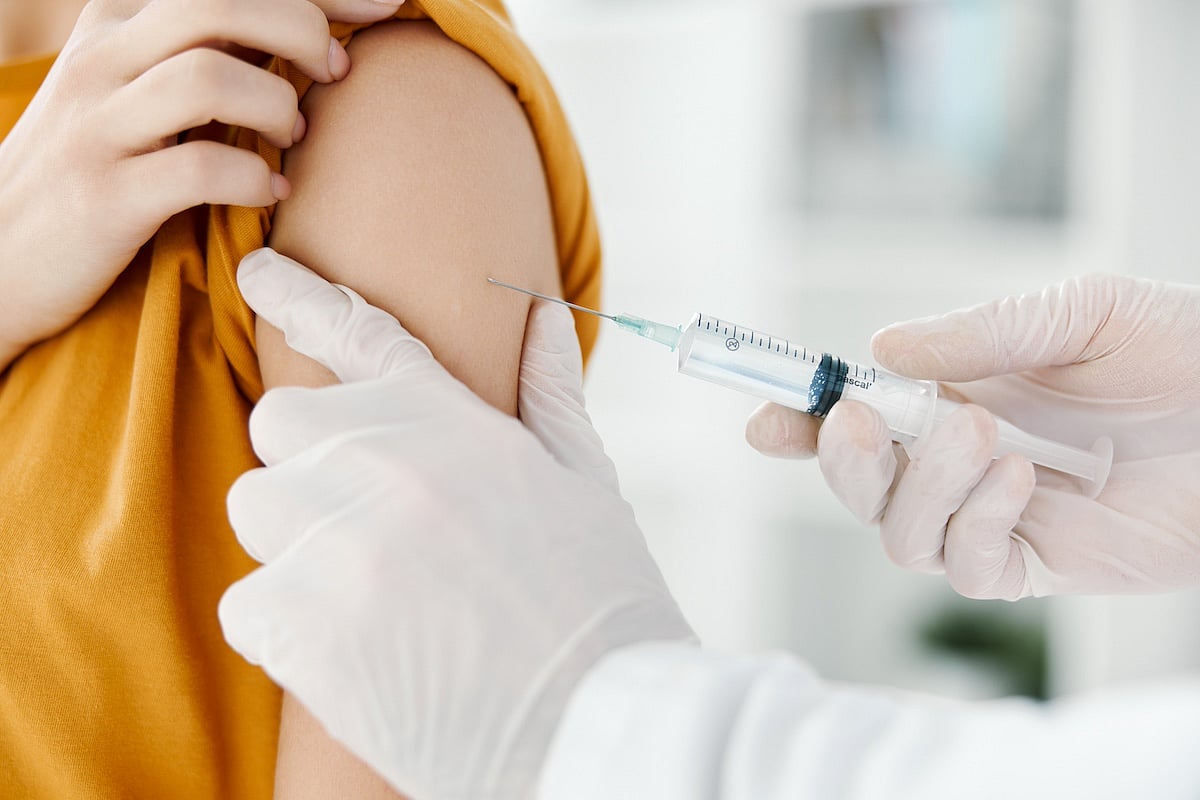
A federal vaccine advisory panel work session focused on next year’s flu shot has been canceled without explanation. It is the second vaccine advisory meeting that has been canceled or postponed since Robert F. Kennedy Jr., a longtime vaccine skeptic, was confirmed as secretary of health and human services (HHS). The U.S. Food and Drug… read on > read on >










.jpg)



















